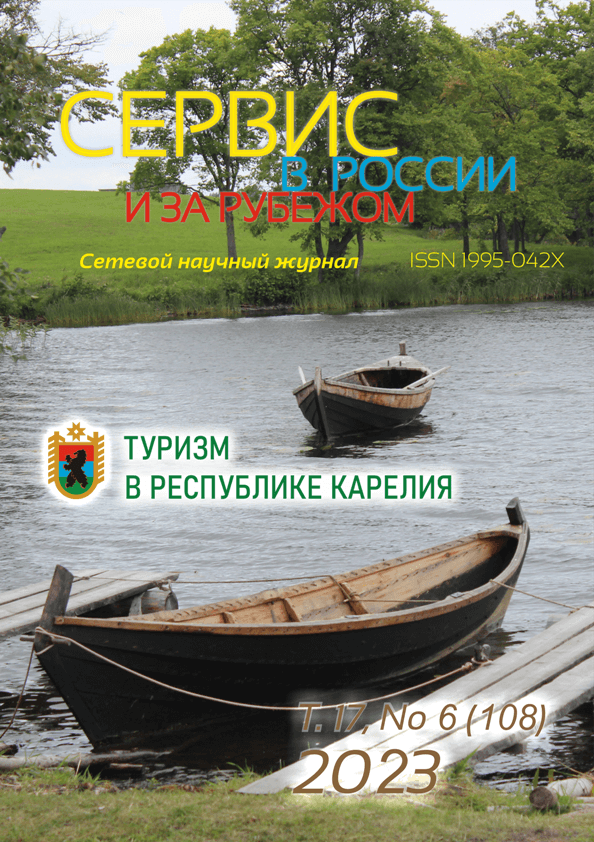On the regional tourism development policy in EU countries in crisis situations
DOI:
https://doi.org/10.5281/zenodo.10433699Keywords:
tourism program, transformation, crisis situations, EU regional policies in tourismAbstract
A number of EU documents note that tourism is a key sector of its economy. The tourism industry is a significant contributor to the GDP of many countries, especially those that have access to warm seas (oceans), mountain ranges and historical and archaeological sites. However, the COVID-19 pandemic has had a negative impact on the tourism, sharply reducing tourist flows and income of tourism-related enterprises and at the same time showing the shortcomings of previously adopted regional projects and plans. An analysis of European Regional Development Fund (ERDF) projects in the tourism sector yielded mixed results: some projects were sustainable and contributed to the development of tourism in the region, while others had only a limited impact. In addition, the industry is faced with longer-term problems related to environmental and digital transformation, its competitiveness, and sustainability. In this regard, the European Commission took measures to formulate a tourism program for the period until 2030. Currently, the above problems have been added to: geopolitical local conflicts and natural disasters (floods, storms, earthquakes). Observations in recent years show that in crisis and force majeure situations, tourism (domestic and international) shows its weakness and constantly turns to additional state budget funding. In this context, the subject of this analysis is to identify alternative regional policy directions that are most favorable for the tourist areas of EU member states.
Downloads
References
Burgess, A. (2018). The Executive Guide to Artificial Intelligence – How to identify and implement applications for AI in your organization. Springer, 33-36.
Carroll, A. B., Brown, J., & Buchholtz, A. (2017). Business & Society: Ethics, Sustainability & Stakeholder Management. Boston: Cengage Learning.
Damyanov, At. (2019). Mnogovektorna transformatsiya na biznes-modeli [Multi-vector transformation of business models]. In coll.: International scientific-practical conference. Sofia, 246-255. (In Bulg.).
Fink, S. (2002). Crisis Management: Planning for the Inevitable. Ch.3. Anatomy of a Crisis. iUniverse Inc., 20-28.
Jus, N., & Misrahi T. (2021). Travel & Tourism Economic Impact 2021. London: World Travel & Tourism Council / WTTC.
Waller, M. J., Lei, Zh., & Pratten, R. (2014). Focusing on Teams in Crisis Management Education: An Integrated and Simulation-Based Approach. Academy of Management Learning & Education, 13(2), 208-221. doi: 10.5465/amle.2012.0337.
Weinstein, A. (Ed.). (2006). Handbook of Niche Marketing: Principles and Practice. Routledge.
Yousaf, A., Amin, I., & Santos, J. A. C. (2018). Tourist’s Motivations to Travel: A Theoretical Perspective on the Existing Literature. Journal of Hospitality and Tourism Management, 24(1), 1-15. doi: 10.20867/thm.24.1.8.
Downloads
Published
How to Cite
Issue
Section
License
Copyright (c) 2023 Khavanova, N. V., Churilina, I. N., Pavlenko, I. G., Solomina, I. Yu., & Logvina, E. V.

This work is licensed under a Creative Commons Attribution-NonCommercial-ShareAlike 4.0 International License.












